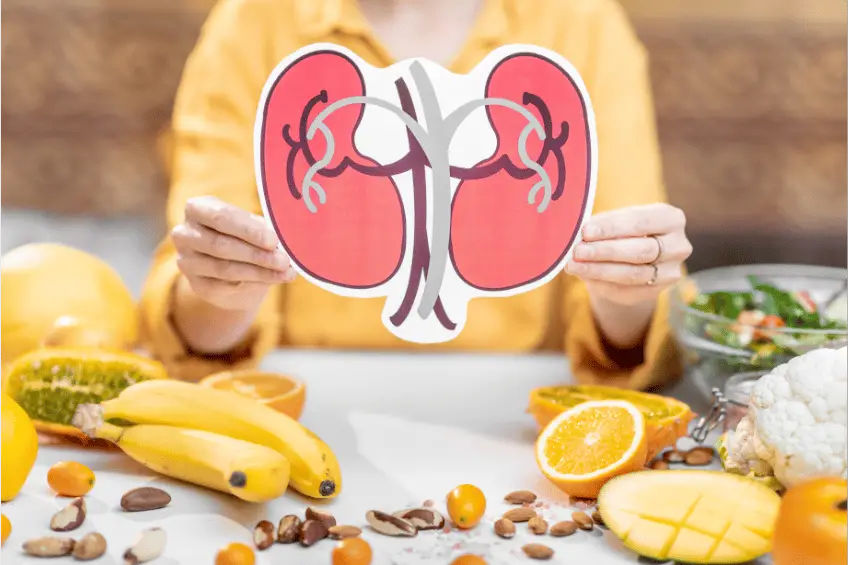Kidney Stones Causes
The main cause of kidney stones is metabolic imbalance. If you don’t have enough liquid in your body to water down the high concentrations of minerals, stones can form. Your body is in particular danger when your urine contains more crystal-forming substances — such as calcium, oxalate and uric acid.
Factors that increase your risk of developing kidney stones include:
- Unhealthy diet. If your meal of choice is sour, salty, spicy and/or fried, urine acidity increases and, as the result, kidney stones are formed.
- Not get enough water. When you don’t drink enough water, urine becomes more concentrated. Specialists agree that your daily water intake should be from two to three liters. This amount may vary depending on the person`s general health state and condition of their urinary and cardiovascular system. Only a healthcare specialist is able to determine the exact amount of water you need to drink every day.
- Climate. A hot climate dehydrates your body faster. Especially if you don’t drink enough fluids. Urine becomes very concentrated and rich in various salts, resulting in the formation of kidney stones.
- Kidney and urinary tract diseases. Any injury to these organs leads to urine flow blockage and causes the ureter to narrow and spasm. It’s also possible to catch a UTI. Do not hesitate, seek medical help. Such conditions should be diagnosed and treated as soon as possible.
- Hereditary factors. If your close relative has been diagnosed with kidney stones, the likelihood of its occurrence increases. However, don`t worry, it’s not a guarantee – however, it’s best to be aware of this risk.
- Taking excessive amounts of diuretics. Diuretics provoke a rapid loss of fluid in the body. As a result, the concentration of urine increases and kidney stones are formed. Remember that the dosage and duration of diuretic use is determined solely by a qualified physician. It is strictly forbidden to self-medicate.
- Certain medication. For example, ascorbic acid and sulfonamides.
